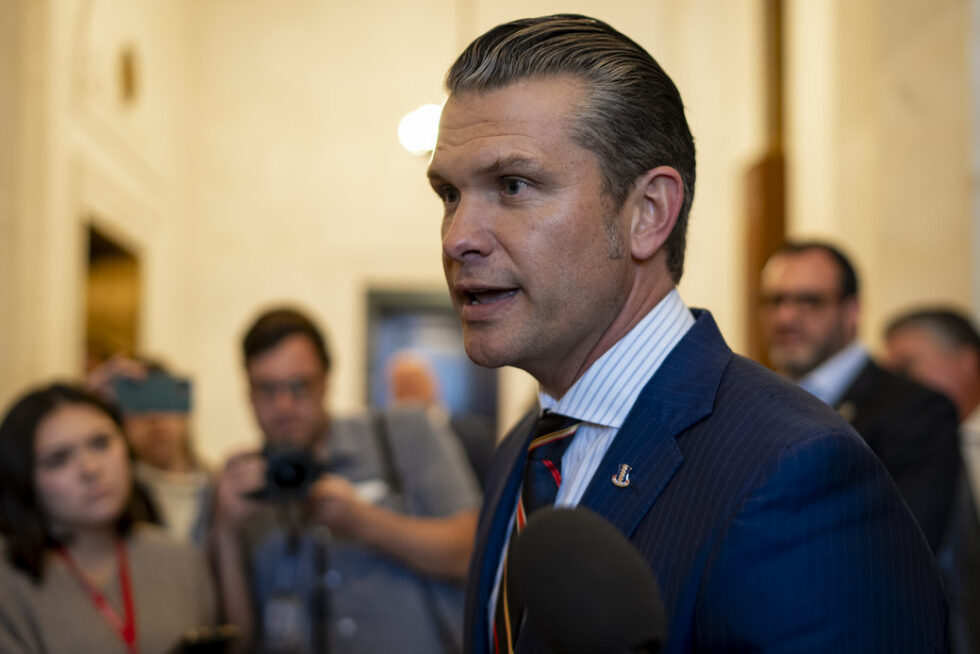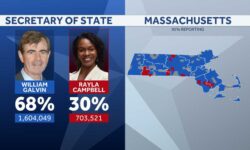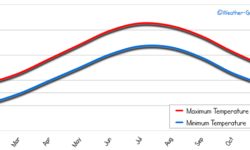
The recent transition of power in Washington has sparked intense public and political debate, as the outgoing administration’s policies come under scrutiny. In a democracy like the United States, a shift in leadership often leads to an evaluation of the departing government’s decisions. These discussions, covered widely in daily US news, examine both the administration’s achievements and the lingering controversies that define its tenure.
From economic policies to foreign relations, healthcare, and climate initiatives, the impact of the outgoing administration’s governance remains a focal point for analysts, news outlets, and citizens. Here’s a closer look at how these policies are being evaluated in the wake of the power transition.
Economic Policies Under the Microscope
Economic governance has always been a critical factor in judging any administration, and this one is no exception. The outgoing administration often touted its early successes, including job creation and lower unemployment rates. However, its handling of economic turbulence, especially during the pandemic, is now a major point of contention in daily US news.
Stimulus packages rolled out to cushion the economy during the pandemic are being examined for their effectiveness and fairness. Critics argue that while the funds provided short-term relief, they lacked oversight, resulting in unequal benefits for citizens and businesses. Additionally, tax policies that were implemented during the administration’s tenure are drawing mixed reactions. Supporters claim these measures incentivized economic growth, while detractors say they disproportionately benefited corporations and the wealthy, contributing to income inequality.
Inflation also became a significant issue toward the latter half of the administration’s term, with rising prices of essential goods straining household budgets. Critics believe that policy missteps, such as an overemphasis on deregulation and a lack of robust safeguards, contributed to these economic challenges.
Healthcare Policies: A Divisive Legacy
The outgoing administration’s approach to healthcare has drawn sharp criticism, especially for its efforts to dismantle key provisions of the Affordable Care Act (ACA). While proponents of these policies argue that they were aimed at reducing government intervention and fostering competition, opponents claim that they left millions vulnerable without affordable insurance options.
The COVID-19 pandemic placed the healthcare system under enormous stress, bringing the administration’s response into the spotlight. Early delays in testing, vaccine distribution, and public health communication fueled a narrative of mismanagement, widely covered in news reports. However, supporters highlight the administration’s efforts to fast-track vaccine production under initiatives like Operation Warp Speed, which saved countless lives.
Healthcare remains one of the most debated topics in daily US news, as the policies enacted during this administration will have lasting effects on the nation’s public health system.
Foreign Policy: Balancing Diplomacy and Security
The outgoing administration’s foreign policy has been both praised and criticized. A strong stance on trade, particularly with China, defined much of its international strategy. Tariffs and trade restrictions aimed at reducing the U.S. trade deficit were viewed as steps to protect domestic industries. However, these measures also triggered trade wars that strained global supply chains and increased costs for American consumers.
Military decisions, such as troop withdrawals from long-standing conflict zones, have also drawn attention. While supporters argue these moves were necessary to end prolonged U.S. involvement in wars, critics highlight the humanitarian and geopolitical instability they left behind. These actions remain central to discussions in US news outlets, with experts debating their implications for global security and the country’s standing as a leader on the world stage.
Environmental and Climate Policies
Climate change and environmental policies have also been contentious during the outgoing administration’s tenure. Early decisions to roll back environmental regulations and withdraw from the Paris Climate Agreement drew widespread criticism from environmentalists and global leaders. While the administration argued these moves were necessary to prioritize energy independence and economic growth, opponents believe they caused significant damage to long-term climate initiatives.
Toward the end of the administration’s term, efforts to re-engage with climate issues signaled a shift in approach. However, many argue that these steps were too little, too late. The incoming administration will face the challenge of addressing these environmental setbacks while advancing its own climate agenda—a topic frequently discussed in news reports and policy analyses.
A Polarized Public Opinion
As the power shift takes place, public opinion on the outgoing administration remains deeply divided. Supporters celebrate its focus on national interests, economic deregulation, and judicial appointments. On the other hand, critics point to what they perceive as failures in governance, particularly in healthcare, immigration, and racial justice.
The outgoing administration’s policies have also fueled significant political polarization, a trend often highlighted in daily US news. Issues like voting rights, gun control, and pandemic response became flashpoints during its tenure, reflecting a country deeply split on ideological lines.
Last-Minute Policy Changes and Their Impact
In its final days, the administration introduced several last-minute policy changes and executive orders. Critics argue that these measures, ranging from regulatory rollbacks to controversial appointments, were rushed and lacked transparency. Legal challenges to these policies are already underway, and the incoming administration is expected to reverse many of them.
For now, these late-term actions remain a significant focus of US news, as experts analyze their implications for governance and continuity during the transition.
What Lies Ahead
The incoming administration faces the dual challenge of addressing the controversies surrounding its predecessor while charting its own course. Key priorities include economic recovery, healthcare reform, climate action, and restoring trust in public institutions. As these efforts unfold, the outgoing administration’s policies will continue to be evaluated, shaping its legacy in the annals of history.
Through the lens of daily US news, this moment represents a pivotal chapter in American politics, one that underscores the complexities of governance, accountability, and public perception during times of change.





